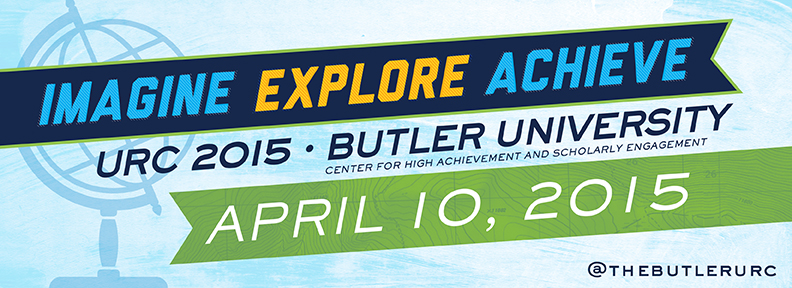
Philosophy and Religion
The Ethical Use of Stem Cells
Document Type
Oral Presentation
Location
Indianapolis, IN
Start Date
10-4-2015 10:30 AM
End Date
10-4-2015 11:45 AM
Sponsor
Brent Hege (Butler University)
Description
The use of stem cells in medical research and treatments continues to stir fierce debate in political, legal, and religious forums. While supporters and detractors understand that stem cells offer enormous potential for miracle cures, there is a common misconception that all stem cell research and treatments require the manipulation or destruction of embryos. There are several types of stem cell processes that involve cells harvested from sources other than embryos. These non-embryonic processes truly deserve to be considered and supported on their own merit as opposed to being grouped with the more-controversial versions. This presentation describes the four different kinds of stem cells (adult, umbilical, induced pluripotent, and embryonic) and how the most well-known ethical theories apply to their use. Theories and concepts covered include: Kant's categorical imperatives, utilitarianism, virtue ethics, Rawls' veil of ignorance and social contract theory. Options to support further research in the non-controversial processes are suggested for further consideration and discussion.
The Ethical Use of Stem Cells
Indianapolis, IN
The use of stem cells in medical research and treatments continues to stir fierce debate in political, legal, and religious forums. While supporters and detractors understand that stem cells offer enormous potential for miracle cures, there is a common misconception that all stem cell research and treatments require the manipulation or destruction of embryos. There are several types of stem cell processes that involve cells harvested from sources other than embryos. These non-embryonic processes truly deserve to be considered and supported on their own merit as opposed to being grouped with the more-controversial versions. This presentation describes the four different kinds of stem cells (adult, umbilical, induced pluripotent, and embryonic) and how the most well-known ethical theories apply to their use. Theories and concepts covered include: Kant's categorical imperatives, utilitarianism, virtue ethics, Rawls' veil of ignorance and social contract theory. Options to support further research in the non-controversial processes are suggested for further consideration and discussion.
